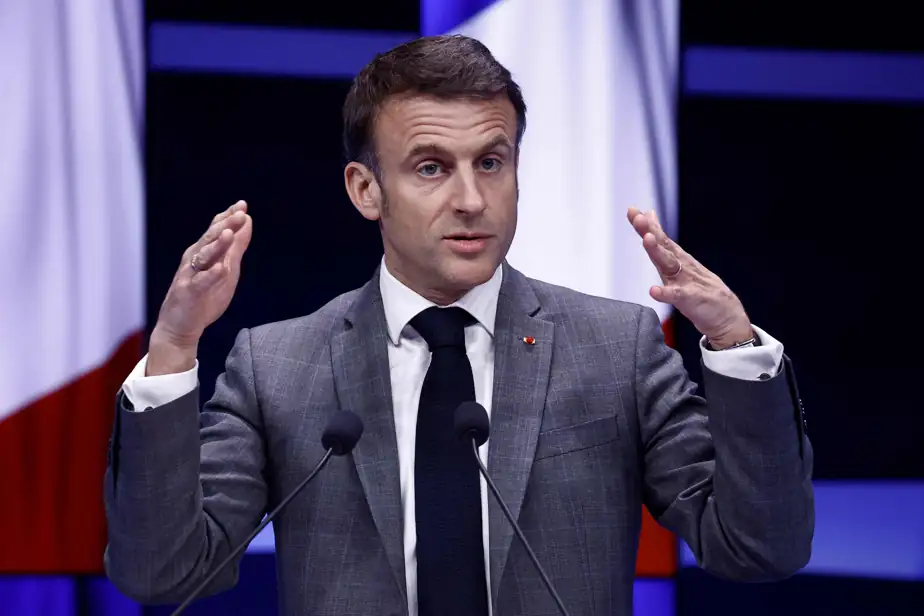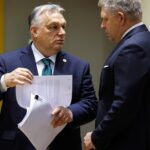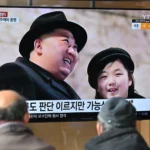Western aid is running out of steam and several European leaders are worried about a defeat for Ukraine and its consequences for European security.
“On Ukraine, we must continue and certainly accelerate our support, and what is necessary is ammunition,” declared Belgian Prime Minister Alexander De Croo shortly before the summit.
The Europeans are looking for ways to strengthen the Ukrainian arsenal, as well as their own defense industry, at a time when American aid of more than 60 billion dollars is still blocked in Congress in Washington.
Several ideas are on the table at the European summit.
The Twenty-Seven will thus discuss a plan aimed at using the exceptional profits generated by Russian assets frozen in Europe since the invasion of Ukraine on February 24, 2022.
For two years, these assets, valued at more than 200 billion euros in the EU, have generated interest that the head of European diplomacy Josep Borrell has estimated at more than three billion euros per year.
The idea is to use most of it to finance arms purchases for Kyiv. Some “neutral” European countries, such as Austria or Ireland, still have reservations, but a majority of member states are in favor.
“We must ensure that the money for which we agree is not used to buy weapons,” declared Austrian Chancellor Karl Nehammer upon his arrival.
Hungary, which remains close to Russia, could also “pose some problems”, indicated Finnish Prime Minister Petteri Orpo.
“Innovative” financing
Other “innovative” forms of financing are being studied.
Fourteen European countries, including France and Germany, want the European Investment Bank (EIB) to also be able to finance the defense industry in the EU, which is not currently the case.
But according to several states, time is running out: for weeks, Russian forces have been regaining the initiative on the battlefield against the Ukrainians lacking ammunition and weapons.
Russia, for its part, put its economy on a war footing and received hundreds of thousands of shells from North Korea.
European leaders should have a first discussion on the new strategy for the European defense industry proposed at the beginning of March by the Commission, and especially on the means of financing it.
France and other countries such as Estonia are in favor of launching a large European loan in order to respond, as was the case during the COVID-19 pandemic, to the “existential” threat weighing on the Europe.
They sent a letter to this effect to Josep Borrell, a copy of which AFP obtained. “There are several possible avenues to explore,” including a European loan, write the French, Estonian, Lithuanian, Latvian, Portuguese and Romanian foreign ministers.
But several countries, including Germany, the Netherlands and Sweden are opposed to it, and the Twenty-Seven will limit themselves to an examination of “all options” in terms of financing with a view to a report expected in June , according to diplomats in Brussels.
“I proposed Eurobonds, but if that doesn’t work, we have to propose something else” and find a solution “now,” declared Estonian Prime Minister Kaja Kallas, the originator of this idea.
European leaders will also attempt to adopt a joint statement on the situation in Gaza.
Very divided on the subject, they had given up on a common text during their two previous summits. This time they want to achieve it.
“We need a ceasefire in Gaza,” UN Secretary-General Antonio Guterres said before a working lunch with European leaders.
Finally, they should decide to open EU accession negotiations with Bosnia. A majority of countries are in favor, but on condition that the necessary reforms are adopted before the actual launch of these discussions, according to diplomatic sources.
This article is originally published on lapresse.ca








